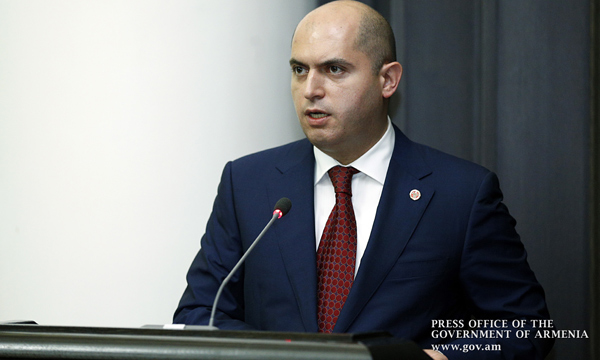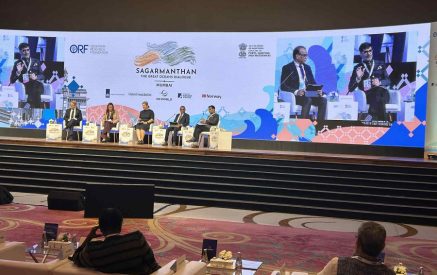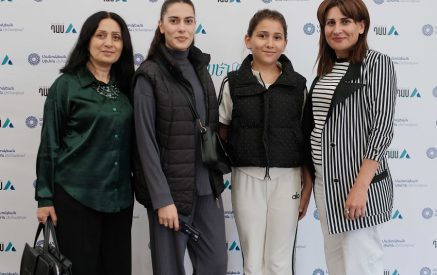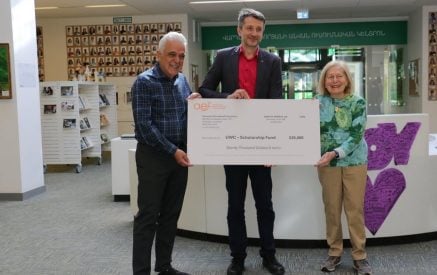Nine Armenian NGOs, 2 students and 5 parents complained to the World Bank (WB) American office requesting to review the financial assistance loan program to the education sector of Armenia, as, according to them, the educational reforms have been deviated from its true path. They had requested to review the terms of the new loan, to put forward such terms under which the implementation of the loan program would be more effective. In fact, people conducting the research, in their conclusion stated that the concerns express the opinion of a large group of people, but since the World Bank procedures are not violated, there is no need to terminate the loan or further in-depth research on it, but the matters raised do take place, simply they are inherited from the past. There were even publications about it. The WB experts initiated relevant studies, and now the interpretations related to each concern are available in the WB website.
Aravot.am asked the Education and Science Minister, Armen Ashotyan, to comment on the findings of the World Bank studies, hinting that the Ministry of Education and Science actually won. Thanking the media for keeping the education reforms in core attention, Armen Ashotyan did not accept the use of the word “win” in our question. “In case of success in education sector reforms, we all win, and in case of failure, we all lose.” As for those reaching the complaints to Washington, the minister also said, “It was obvious that the issues raised by the plaintiffs either absolutely had nothing in common with the changes held or the problems mentioned by them did not exist at all. In the course of our reforms, we have not added any new problem, we have constantly analyzed the existing problems of the past, but these changes had not caused any new educational barrier. The available problems were mostly inherited problems. This is prescribed in the findings of the study by our colleagues.”
Armen Ashotyan is sorry that, in his words, the plaintiffs insisted on not identifying their names. “I think that when building especially a civil society and questioning the policy conducted by public authorities, it would be right from the moral view that the opponents introduce themselves. Although we live in a small country, and by the level of talks, I exactly know both in the focal point of expressing and organizing dissatisfaction that a public structure or structures have been involved in this issue.
One thing is definite; we want to work with the public sectors and international structures, which can assuage our grief in the field of education. Agree that as several parents and students may not represent the entire parental community or students’ opinion, although we do also appreciate the opinion of individuals. We understand that the plaintiffs have the right not to be identified, but we know who these people are, and it does not time for playing with toys. We are confident that the significant part of them cares for the education system, and maybe it is not due to civil or narrow personal interests that they were guided by delivering dissatisfaction against the country. I also thank those expressing complaint, as well as criticizers for giving us a wonderful opportunity to reevaluate the results of our work, re-estimate the path that we have passed, also in support of the World Bank. We can still pass a joint way with these institutions and significant part of people.”
Read also
Gohar HAKOBYAN


























































